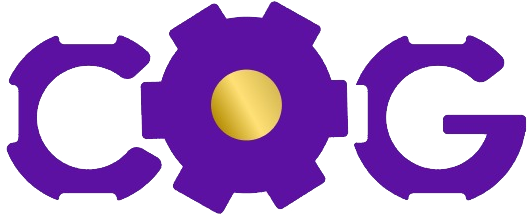Patronising behavior can be challenging at work, leaving employees feeling undervalued and demotivated. As HR professionals, it’s crucial to address such instances promptly and effectively to foster a respectful and inclusive work environment. In this blog post, we will explore how HR can respond to patronizing behavior and create a culture that promotes mutual respect and collaboration.
-
Listen and Validate
When an employee approaches HR with concerns about patronizing behavior, the first step is to actively listen to their experiences. Create a safe space for them to express their feelings and ensure they feel heard and understood. Validating their emotions shows empathy and reinforces HR’s confidence.
-
Gather Information
To respond effectively, HR should gather pertinent information from the affected employee and witnesses. Understanding the context and frequency of the behavior can help determine the appropriate course of action. Assure the employee that their privacy will be respected throughout the process.
-
Educate and Raise Awareness
Promote awareness of patronising behavior across the organization. Conduct workshops or training sessions that address unconscious biases and microaggressions. When employees know these issues, they are more likely to recognize their own behavior and help create a respectful workplace culture.
-
Set Clear Policies
Having clear policies and guidelines on acceptable behavior is essential for preventing and addressing patronising conduct. These policies should be well-communicated to all employees, emphasizing the company’s commitment to fostering a respectful environment.
-
Mediation and Conflict Resolution
In some cases, a constructive conversation between the affected parties can resolve misunderstandings and facilitate positive change. HR can act as a mediator during these discussions, ensuring that both parties have the opportunity to express their perspectives and work towards a resolution.
-
Addressing Repeat Offenders
If an employee continues to exhibit patronising behavior despite intervention, HR must take appropriate disciplinary actions. This may include progressive discipline, coaching, or additional training to address the underlying issue effectively.
-
Encourage Open Feedback
Promote a feedback culture where employees feel comfortable providing anonymous feedback about their work environment. This approach can help HR identify behavior patterns and implement preventative measures proactively.
-
Lead by Example
HR professionals play a crucial role in setting the tone for the entire organization. Demonstrate respectful behavior in all interactions and serve as role models for employees to emulate.
Dealing with patronising behavior requires a proactive and empathetic approach from HR. By listening, educating, and implementing effective policies, HR can foster an inclusive workplace where all employees feel valued and respected. Responding to patronising behavior promptly can lead to a more harmonious and productive work environment, ultimately benefiting the organization as a whole. Remember, a culture of respect starts with HR taking a stand against demeaning behavior.










